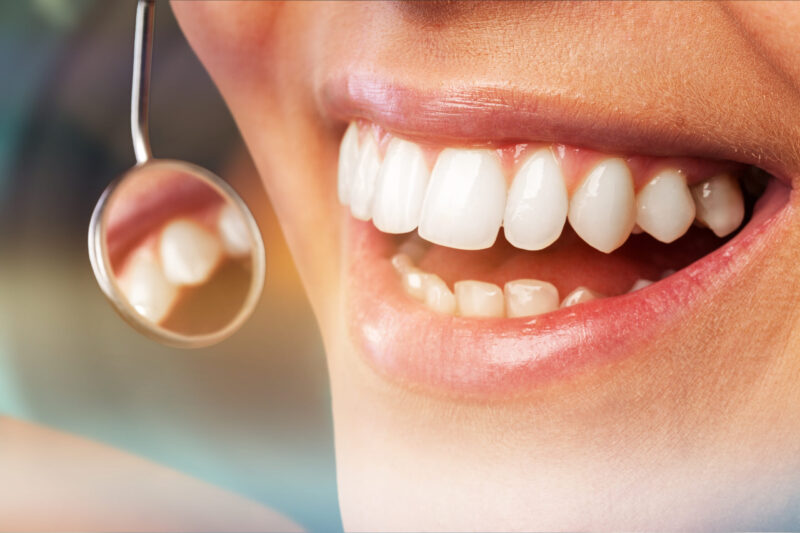It is a well-known fact that smoking tobacco products is harmful for one’s overall health, with especially high risks for cardiovascular disease and lung cancer. But how does smoking impact your oral health and oral care? Is smoking bad for teeth?
Smoking can lead to undesirable changes to the health and appearance of your teeth and mouth. The flavor additives and chemical properties of tobacco, whether you smoke it or chew it, has been called the “silent killer” by the American Dental Association.
We know for certain that smoking is damaging to oral health. And when you smoke tobacco products regularly, your risk of developing the following conditions dramatically increases:
- Heart disease
- Oral cancer
- Bad breath
- Tooth and gum diseases
Smoking tobacco products also causes the mouth’s soft tissues to dry out, which can lead to a condition called dry mouth. Let’s take a look at some other conditions that can be caused by a smoking habit.
When you smoke, your pearly whites can quickly turn into not-quite-so-whites. The nicotine and chemicals in tobacco products can yellow your teeth, or even cause brown stains. The more you smoke, and the longer you smoke, the more tooth discoloration you can expect. Do some Google searches for pictures of how smoking can affect your teeth and smile.
Periodontal disease, commonly known as gum disease, is an inflammatory infection of the gums surrounding the teeth. Although poor oral hygiene habits are the chief cause of gum disease, smoking can definitely exacerbate existing gum disease.
In short, yes. Although vaping products are not as damaging as cigarettes, they still contain ingredients that are harmful to oral health, including propylene glycol (PG). The soft tissues in your mouth absorb it, leading to irreversible tooth enamel and gum damage. PG can also cause dry mouth because it absorbs moisture.
Flavored vaping products can double the accumulation of dental plaque. Some flavoring agents can also reduce the hardness of tooth enamel by as much as 27 percent when compared to products without added flavors.
Although vaping does not cause as much bad breath as regular cigarettes do, it can still happen due to the chemicals found in the vaping liquids. Both nicotine and propylene glycol are known to cause dry mouth, which further causes an accumulation of bad bacteria that are known to be the main cause of bad breath.
Quitting smoking can help to reverse much of the damage caused by smoking tobacco products. We can help you explore ways to quit smoking; however, if you continue to smoke, be sure that you keep up with your professional cleanings and dental exams. Maintain your regular oral care routine at home and be on the lookout for signs that your teeth are becoming discolored or otherwise affected by your smoking habit.
Thanks for your support!
– Dr. Houlik
RELATED POSTS:


